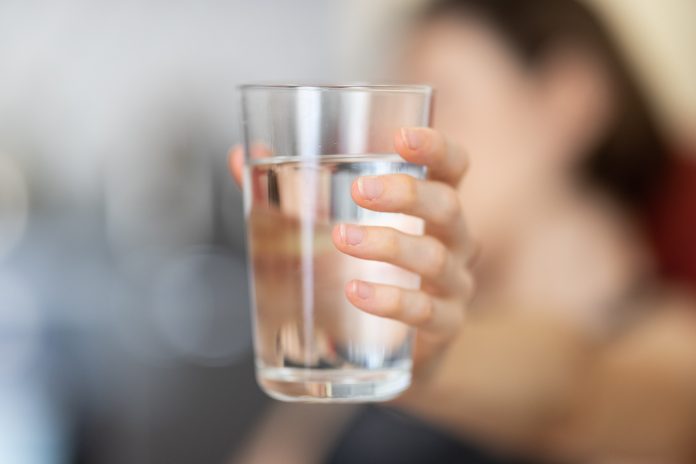In anticipation of the first extreme heat event of 2025 in Simcoe Muskoka Simcoe Muskoka District Health Unit (SMDHU) reminds everyone to take steps to stay healthy by keeping aware, cool and connected.
Anyone can get sick from extreme heat, but some people are more at risk. People at greater risk include infants and young children, older adults, pregnant people, people living with chronic health conditions including mental illnesses. People who live alone, don’t have access to cooled indoor spaces or work or exercise in the heat (indoors or outdoors) are also at higher risk.
When outdoor temperatures are hot, indoor temperatures can rise even higher. Indoor temperatures of 26°C or higher are dangerous to health, especially for people more sensitive to heat. Fortunately, there are steps you can take to protect yourself. Keep aware, cool, and connected!
Keep Aware. Pay close attention to how you and those around you feel. Know the signs and symptoms of heat illnesses and what to do if they occur. Remember, heat stroke is a medical emergency! If you are caring for someone who has a high body temperature, is unconscious or confused, has stopped sweating, and/or feels dizzy/faints, call 911 immediately. Check the weather forecast and alerts to stay informed. If you take medication or have a health condition, ask your health care provider if it increases your risk from extreme heat or dehydration.
Keep Cool. Drink plenty of water before you feel thirsty. Cool off by taking a cool shower or bath, going for a swim, putting your feet in water or applying a damp towel to your skin. If you have air conditioning, turn it on; even on low, it can help you stay safe. Keep the heat out. During the day, shut windows and doors (if indoor temperatures are comfortable) and close blinds, curtains, or awnings. Open doors and windows when it is cooler outside. Use a fan to circulate air during cooler parts of the day.
Take a break from the heat. Spend time in a cool or air-conditioned place. Contact your local municipality or visit their website for hours and locations of cooling spaces or go to a cooler public place like a library, shopping mall, or swimming pool.
Keep Connected. Use the heat check-in resource (to check in on neighbours, friends and family, especially those at greater risk, to make sure they are cool and hydrated.
High temperatures and humid air can increase air pollution levels. Check the Air Quality Health Index (AQHI) for your location. Extreme heat is usually more dangerous than short-term exposure to poor air quality, so you should prioritize staying cool if you must choose.
For more information about extreme heat, visit smdhu.org/heat.








